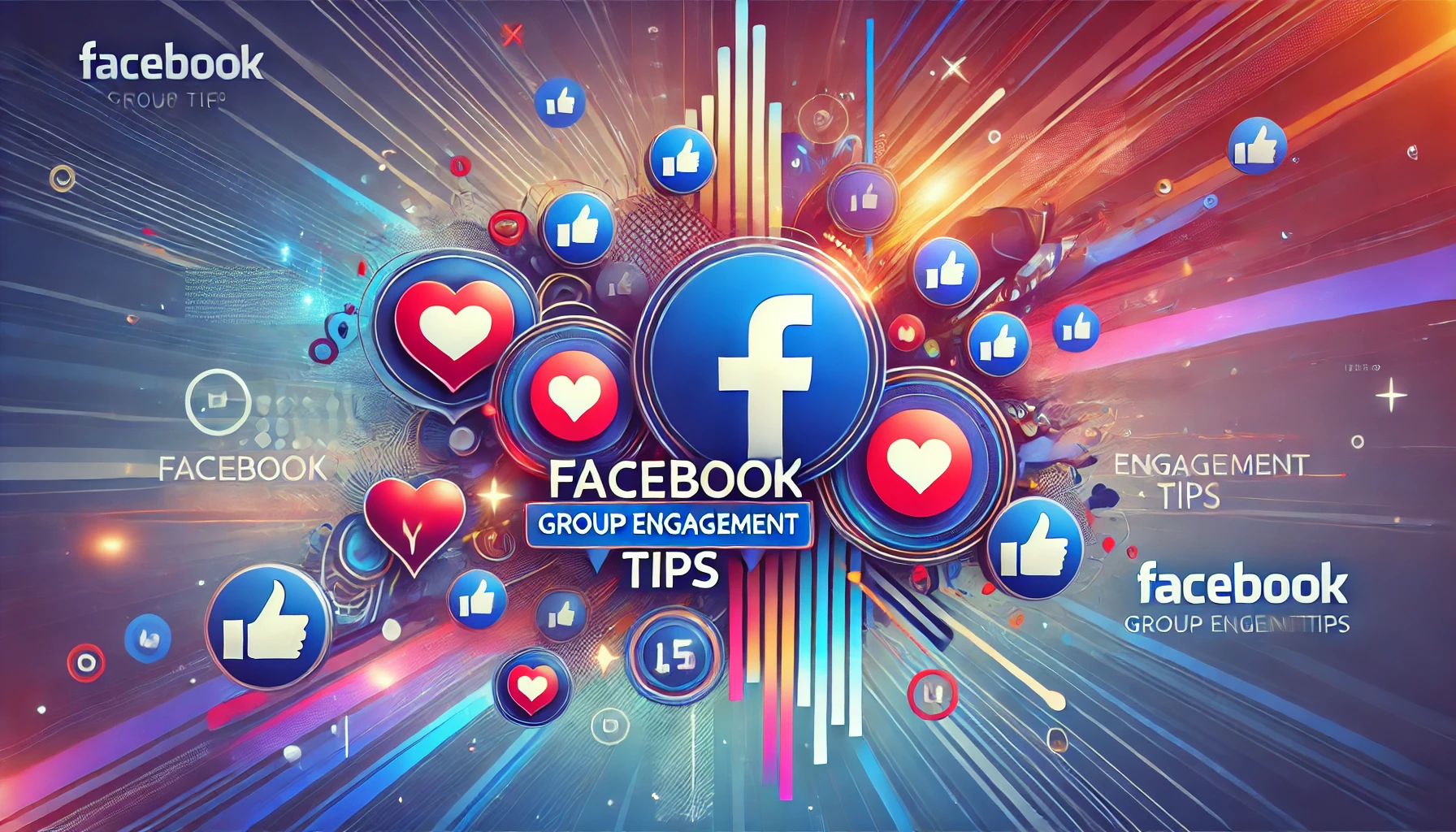Why Posting Links in Facebook Groups Reduces Post Reach and How To Get Around it
Facebook groups are an excellent way to foster community, spark conversations, and share valuable content. However, if you’ve noticed that your posts with external links are getting significantly less reach than other types of content, you’re not alone. This is a common issue, and it has everything to do with how Facebook’s algorithm works.
How the Facebook Algorithm Works
Facebook’s algorithm is designed to prioritize content that keeps users on the platform for as long as possible. Posts with external links, especially those directing users away from Facebook, are seen as counterproductive to this goal. As a result, the algorithm tends to suppress the visibility of such posts to minimize the number of users navigating away from the platform.
Why Posting Links Reduces Post Reach
- Encourages Users to Leave Facebook: External links take users to another website, which means they spend less time engaging with content on Facebook. This goes against Facebook’s business model, which thrives on user retention and engagement.
- Low Engagement Metrics: Posts with links often get fewer likes, comments, and shares compared to posts with images, videos, or plain text. The algorithm interprets this low engagement as a sign of poor-quality content, further reducing its reach.
- Link Scams and Spam: Many users have encountered spammy or misleading links in the past. To protect its community, Facebook automatically flags certain links or patterns as low-quality, further suppressing their visibility.
Tips to Avoid Reduced Reach
If you want your content to perform better in Facebook groups, here are some strategies to consider:
- Use Native Content: Instead of linking to an external website, try uploading content directly to Facebook. For instance, if you’re sharing a blog post, consider posting a summary or a key snippet as text within the group.
- Comment the Link: Share the main post without a link to maximize its reach. Then, drop the link in the comments section instead of the main post.
- Combine Links with Engaging Content: If you must share a link, pair it with an eye-catching image, an engaging question, or a discussion prompt to encourage more interactions.
- Shorten and Personalize Your Links: Use link shorteners to make URLs more appealing and less “spammy.” Personalize the accompanying text to explain the link’s value clearly.
Conclusion
Posting links in Facebook groups can be detrimental to your content’s reach, but with the right strategies, you can overcome this challenge. Focus on creating engaging, native content and think creatively about how to share external links without compromising your post’s visibility. By understanding and working with Facebook’s algorithm, you can maximize your group’s engagement and keep your audience actively participating.






